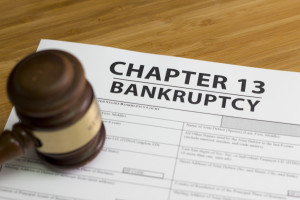Dealing with the IRS may be one of the most intimidating thoughts or notions for any American taxpayer. Everyone wants to know how to deal with the IRS when such unmentionable time arrives. Here are some tips for two common situations in which taxpayers may have to deal with the IRS. The first is the situation when a taxpayer simply has an inability to file a return and pay taxes; the second situation is the occurrence of an extensive delay in receiving an anticipated tax refund. Both may necessitate IRS contact. A qualified tax professional may offer the necessary guidance and assistance in these and many other tax-related scenarios.
Can I Discharge Taxes In Bankruptcy?
 The ultimate purpose in filing bankruptcy is to obtain a discharge of most, if not all, of your debts. A bankruptcy discharge releases the debtor from personal liability for certain specified types of debts, i.e., the debtor is no longer legally required to pay those debts that are discharged. The discharge is a permanent order which prohibits the creditors from engaging in any and all forms of collection activity on such debts.
The ultimate purpose in filing bankruptcy is to obtain a discharge of most, if not all, of your debts. A bankruptcy discharge releases the debtor from personal liability for certain specified types of debts, i.e., the debtor is no longer legally required to pay those debts that are discharged. The discharge is a permanent order which prohibits the creditors from engaging in any and all forms of collection activity on such debts.